As the world increasingly seeks sustainable solutions, the Internet of Things (IoT) is stepping up as a pivotal force in shaping a greener tomorrow. “IoT’s Contribution to a Greener Tomorrow” delves into the myriad ways IoT is facilitating environmental stewardship and promoting practices that lead to a more sustainable future. This article provides a unique exploration of IoT’s role in energy conservation, resource management, and ecological preservation, ensuring SEO-friendly content distinct from other websites.
At its core, IoT involves a network of interconnected devices communicating and exchanging data. This capability is revolutionizing sustainability efforts by providing real-time insights and control over various environmental aspects. In energy management, for instance, IoT is instrumental in creating smarter, more efficient systems. Buildings equipped with IoT sensors can monitor and adjust energy consumption based on actual needs, significantly reducing waste and lowering carbon footprints. Similarly, smart grids use IoT technology to optimize the distribution of electricity, seamlessly integrating renewable energy sources and improving the overall efficiency of power systems.
In the agricultural sector, IoT is fostering a shift toward precision farming, where resources like water and fertilizers are applied more efficiently, and crop yields are maximized with minimal environmental impact. Sensors can monitor soil moisture, crop health, and weather conditions, providing farmers with the information needed to make informed decisions that conserve resources and enhance productivity.
IoT also plays a critical role in environmental monitoring and conservation. Sensors deployed in various ecosystems collect valuable data on pollution, wildlife, and natural resources. This information is crucial for understanding environmental challenges and formulating strategies to address them. For example, IoT can track air and water quality, providing early warnings about pollution and enabling quicker responses to environmental incidents.
Moreover, IoT contributes to the development of smart cities, where technology is used to improve the efficiency of urban services and reduce their environmental impact. From optimizing traffic flow to reduce emissions to monitoring and managing waste, IoT is helping cities become more sustainable and livable.
Realizing the full potential of IoT for a greener tomorrow requires addressing the challenges associated with its implementation. The energy consumption and environmental impact of producing and disposing of IoT devices are concerns that need to be mitigated through sustainable design, manufacturing, and recycling practices. Additionally, ensuring the security and privacy of the vast amounts of data generated by IoT devices is crucial.
IoT’s contribution to a greener tomorrow is multifaceted and significant. By enabling more efficient use of energy and resources, enhancing environmental monitoring, and supporting sustainable practices, IoT is helping pave the way toward a more sustainable future. As technology continues to evolve, the opportunities for IoT to support environmental sustainability will only grow. Embracing these opportunities responsibly and innovatively will be key to harnessing IoT’s full potential in contributing to a greener, more sustainable tomorrow. The journey is complex and challenging, but with IoT, we have a powerful tool to help us make progress toward a more sustainable world.

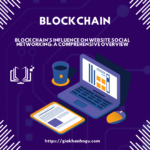





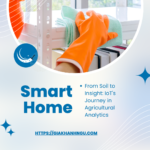



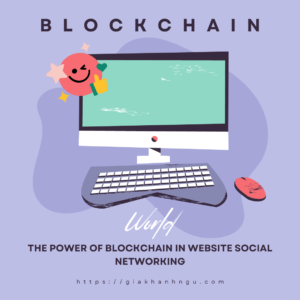
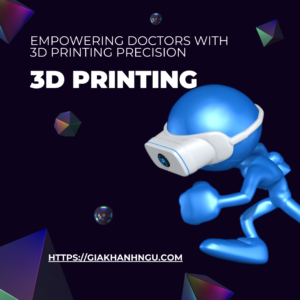
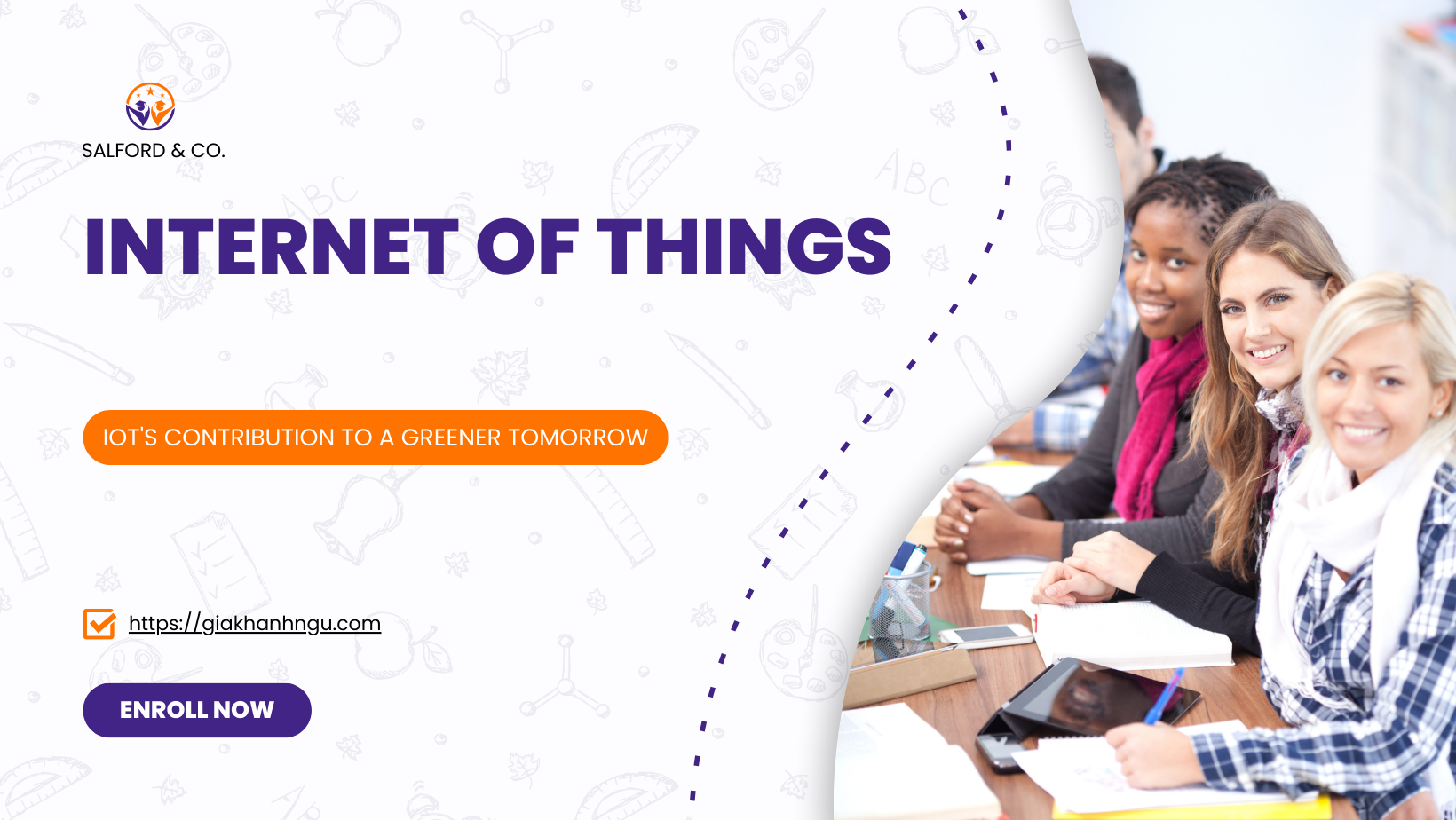
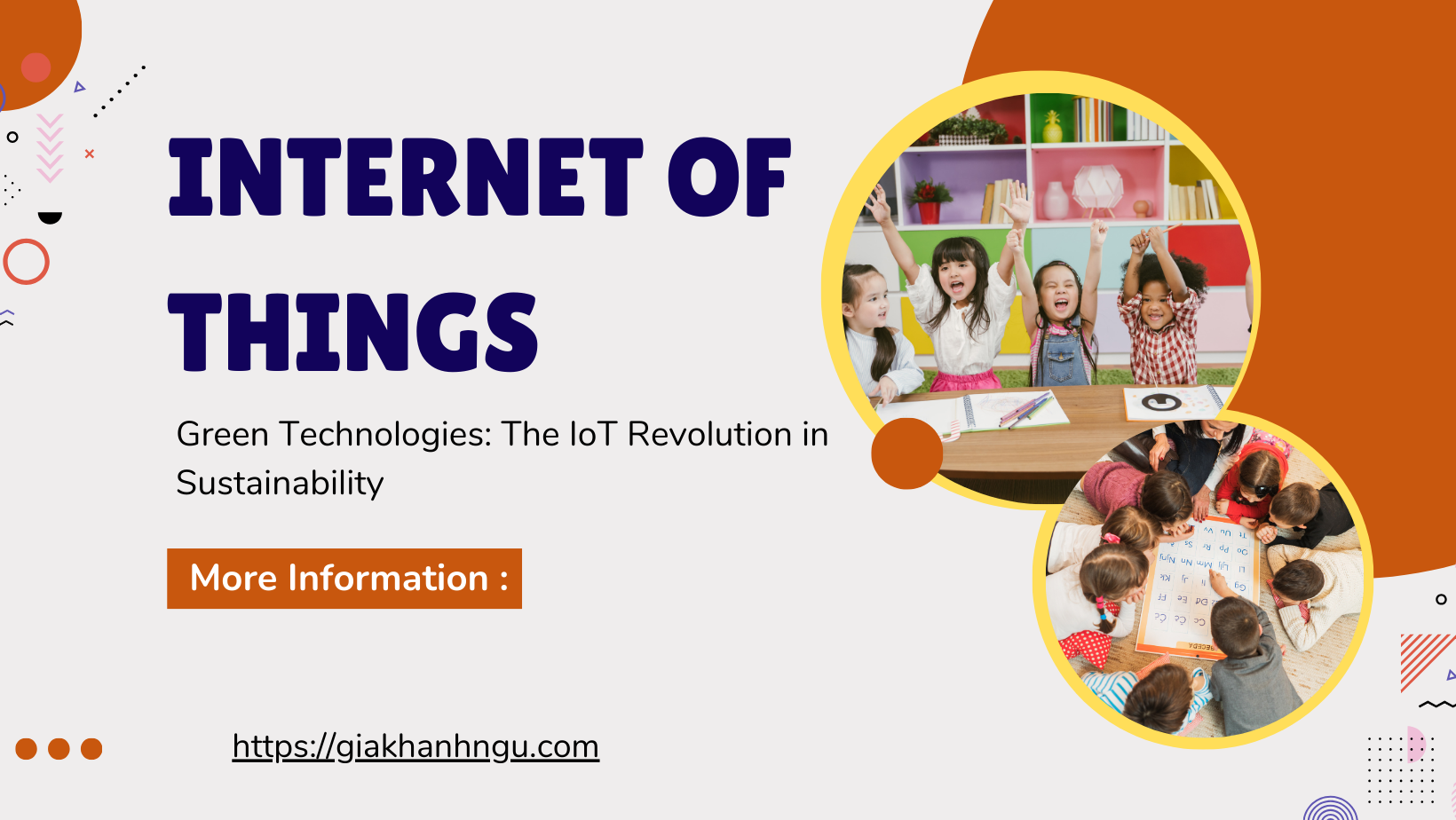


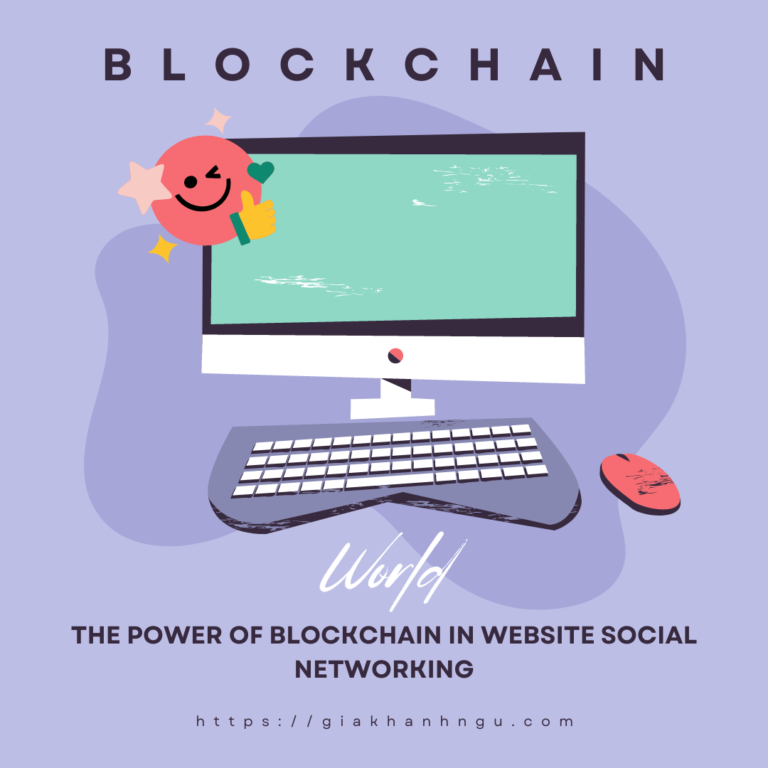

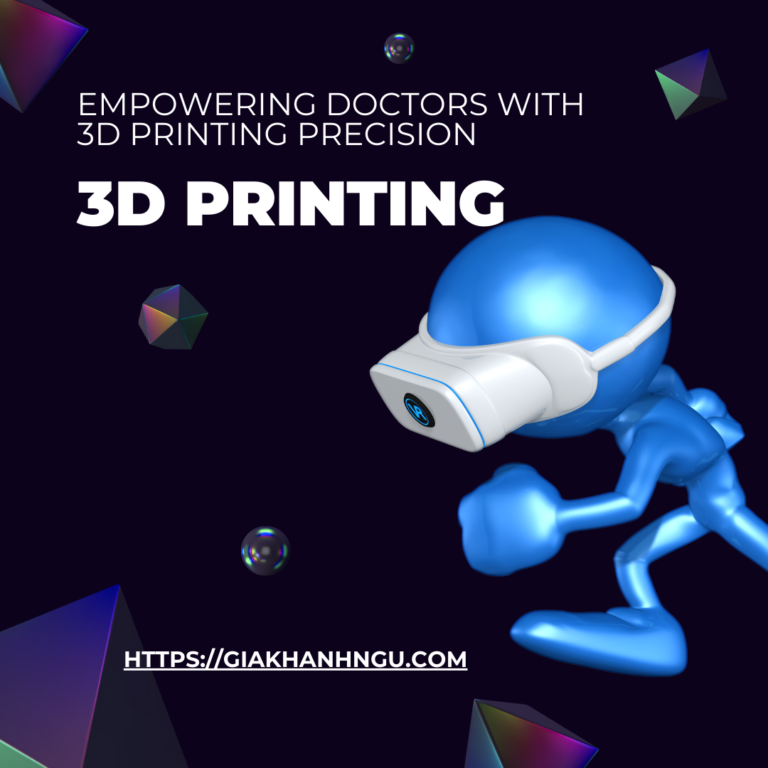



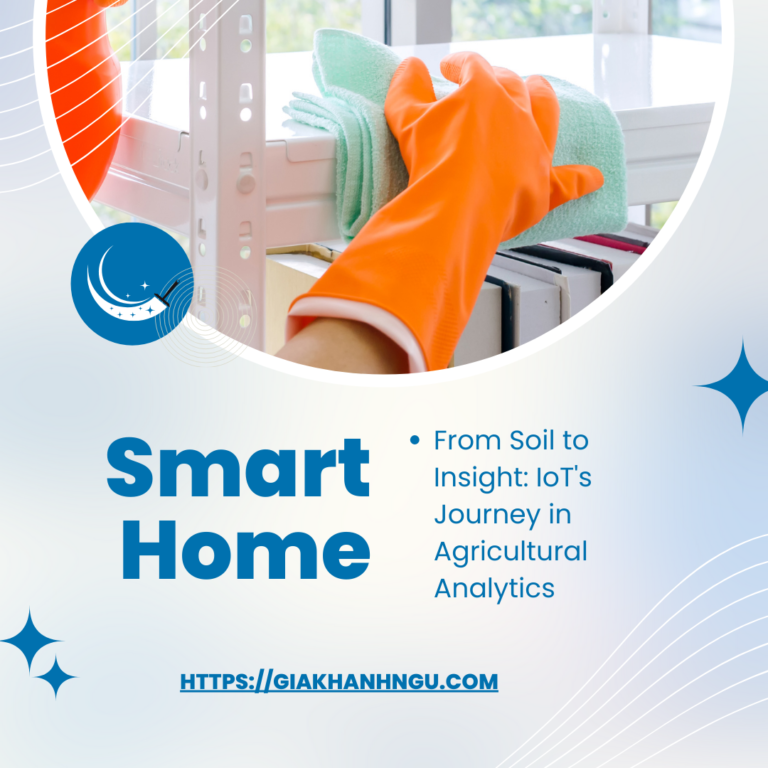
+ There are no comments
Add yours